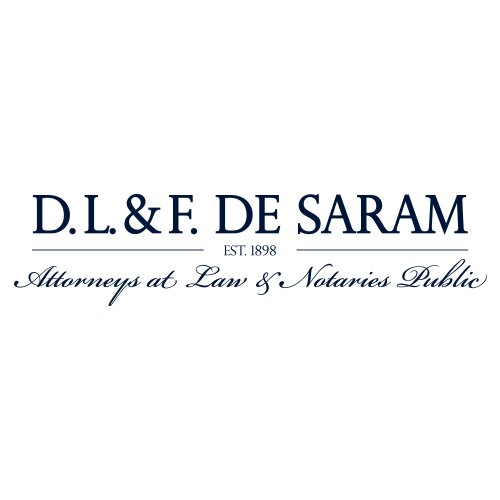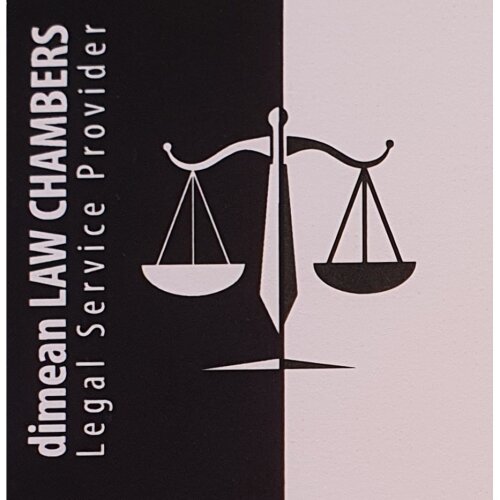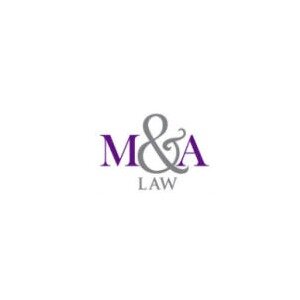Best Art & Cultural Property Law Lawyers in Colombo
Share your needs with us, get contacted by law firms.
Free. Takes 2 min.
List of the best lawyers in Colombo, Sri Lanka
About Art & Cultural Property Law in Colombo, Sri Lanka
Art & Cultural Property Law in Colombo, Sri Lanka, encompasses the legal framework governing the protection, preservation, and management of cultural heritage and artistic creations. It includes laws related to intellectual property rights, heritage site preservation, export and import regulations of cultural artifacts, and issues related to the illicit trade of cultural property. The legal landscape in this field aims to balance the protection of Sri Lanka's rich cultural heritage with the promotion of the creative industries.
Why You May Need a Lawyer
There are several scenarios where seeking legal advice in Art & Cultural Property Law might be necessary:
- Dealing with the acquisition or sale of cultural artifacts, whether domestically or internationally.
- Navigating the complexities of copyright laws related to artistic works, including visual arts, music, and performance arts.
- Addressing issues related to heritage site conservation, including any disputes about modifications or renovations to historically significant properties.
- Engaging in legal disputes over the authenticity or ownership of art pieces.
- Seeking to establish a cultural institution or exhibit that includes protected works and requires compliance with local and international legal standards.
Local Laws Overview
Art & Cultural Property Law in Colombo is influenced by both national legislation and international treaties to which Sri Lanka is a signatory. Key aspects of local laws include:
- The Antiquities Ordinance, which governs the preservation of antiquities and provides regulations for excavations, discoveries, and protection of artifacts.
- Intellectual Property Act No. 36 of 2003, addressing the protection of literary works, musical compositions, visual arts, and more.
- UNESCO Convention on the Means of Prohibiting and Preventing the Illicit Import, Export and Transfer of Ownership of Cultural Property, which Sri Lanka has ratified, impacting the handling of cultural items.
- Regulations on the export and import of cultural goods, to prevent illicit trafficking and to protect national heritage.
Frequently Asked Questions
What is considered cultural property under Sri Lankan law?
Cultural property is typically defined as items of historical, archaeological, or ethnographical significance. This includes but is not limited to, artifacts, monuments, and sites that are part of Sri Lanka's cultural heritage.
Can I export cultural artifacts from Sri Lanka?
Exporting cultural artifacts requires strict adherence to local regulations and obtaining necessary permits. Unauthorized exportation can lead to severe legal penalties.
How is copyright protected for artworks created in Sri Lanka?
Copyright protection is outlined under the Intellectual Property Act, which grants creators exclusive rights to their works. This covers adaptations, reproductions, and public exhibitions.
How do I establish the authenticity of an art piece?
Authenticity often requires expert evaluation and documentation. Legal advice may be necessary for complex cases involving significant transactions or disputes.
What should I do if I believe a cultural artifact was illegally acquired?
It's important to report suspicions to local authorities and seek legal counsel to address potential legal actions for restitution or repatriation.
Are there legal provisions for the preservation of historical buildings?
Yes, the Antiquities Ordinance provides guidelines for preservation and prohibits unauthorized alterations to recognized historical buildings.
Can artists protect their work internationally?
Sri Lanka is a member of several international treaties, allowing protection of works in other member states, but legal advice is essential for navigating specific international jurisdictions.
Who manages the regulation of cultural property in Sri Lanka?
The Central Cultural Fund and the Department of Archaeology are key governmental bodies responsible for managing and enforcing cultural property regulations.
Is there legal support for modern artistic creations?
Yes, modern artworks and creations are protected under intellectual property laws, providing rights to artists for commercialization and moral protection.
What is the role of UNESCO in Sri Lanka’s cultural property law?
UNESCO offers a framework for international cooperation and sets guidelines that influence local laws regarding heritage protection and cultural property management.
Additional Resources
For additional support and information, consider reaching out to the following organizations and resources:
- The Department of Archaeology for guidance on archaeological and heritage matters.
- The Central Cultural Fund for details on heritage site management and funding opportunities for conservation projects.
- The Sri Lanka Intellectual Property Office for intellectual property rights inquiries.
- The International Council of Museums (ICOM) Sri Lanka for support on museum and artifact-related issues.
Next Steps
If you require legal assistance in Art & Cultural Property Law in Colombo, it is important to reach out to a qualified lawyer specializing in this field. They can provide personalized advice and representation based on your specific circumstances. Start by gathering all relevant information about your case to facilitate a comprehensive consultation. Additionally, consider contacting relevant governmental bodies and organizations for preliminary guidance and verification of any claims or concerns.
Lawzana helps you find the best lawyers and law firms in Colombo through a curated and pre-screened list of qualified legal professionals. Our platform offers rankings and detailed profiles of attorneys and law firms, allowing you to compare based on practice areas, including Art & Cultural Property Law, experience, and client feedback.
Each profile includes a description of the firm's areas of practice, client reviews, team members and partners, year of establishment, spoken languages, office locations, contact information, social media presence, and any published articles or resources. Most firms on our platform speak English and are experienced in both local and international legal matters.
Get a quote from top-rated law firms in Colombo, Sri Lanka — quickly, securely, and without unnecessary hassle.
Disclaimer:
The information provided on this page is for general informational purposes only and does not constitute legal advice. While we strive to ensure the accuracy and relevance of the content, legal information may change over time, and interpretations of the law can vary. You should always consult with a qualified legal professional for advice specific to your situation.
We disclaim all liability for actions taken or not taken based on the content of this page. If you believe any information is incorrect or outdated, please contact us, and we will review and update it where appropriate.

















